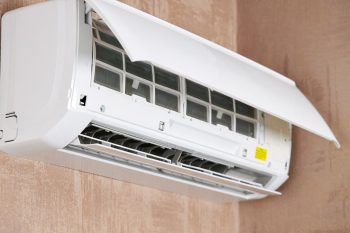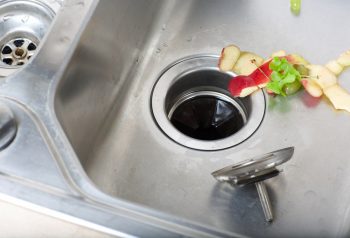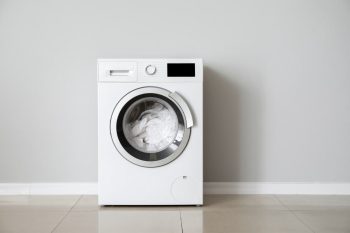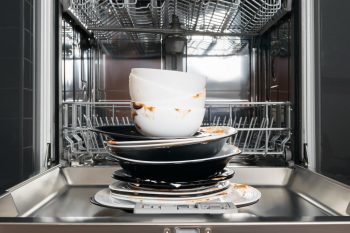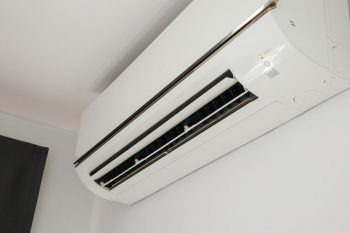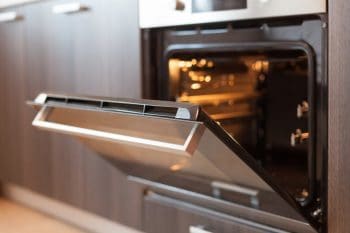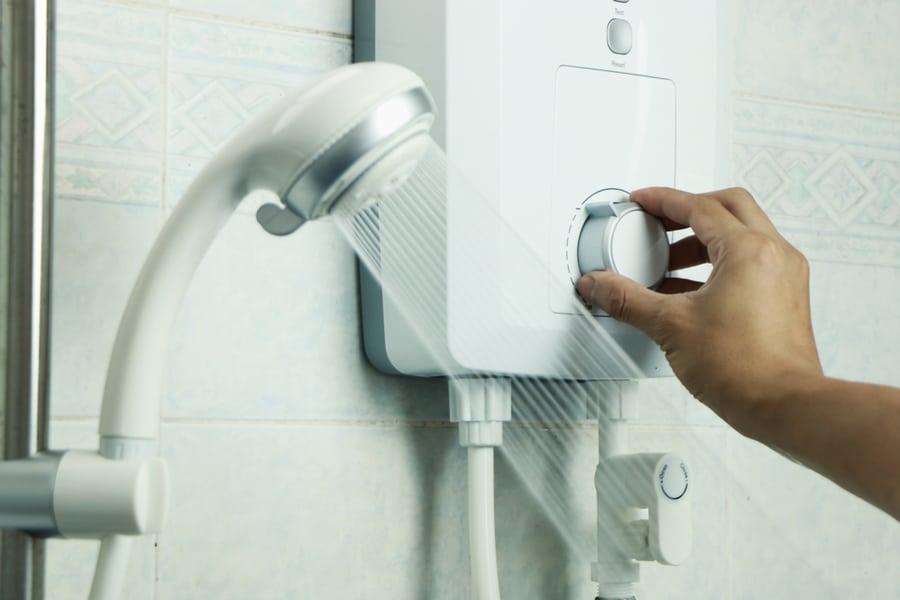
Would your water heater be running out of time? Having running hot water is a huge convenience for many homeowners, especially during winter. However, it can be worrying after you tap or shower water turns ice cold.
Water heaters can be a huge problem, especially if they malfunction without you noticing. Like most appliances, the units are prone to dying if they are neglected for too long, or their lifespan ends.
However, when your heater breaks, you not only deal with hot water problems, but there is a considerable risk to your health and damage to your property.
There are various reasons your water heater starts acting up. We will look at the symptoms to identify a dying unit and the best solutions to fix the issue.
The most common signs of a dying water heater are old age, corrosion, leaks, and defective components. You can also notice a hot water shortage, strange noises, and murky water.
If you do not have hot water running, this post will help you identify problems with your water heater. Likewise, it will also look at how to fix the problem.
10 Signs That Your Water Heater Is Dying
Here are the telltale signs that your water heating appliance is about to fail.
Dealing with a water heater issue can be complicated. Your best bet is to call a certified expert to fix the problem.
1. Old Water Heater
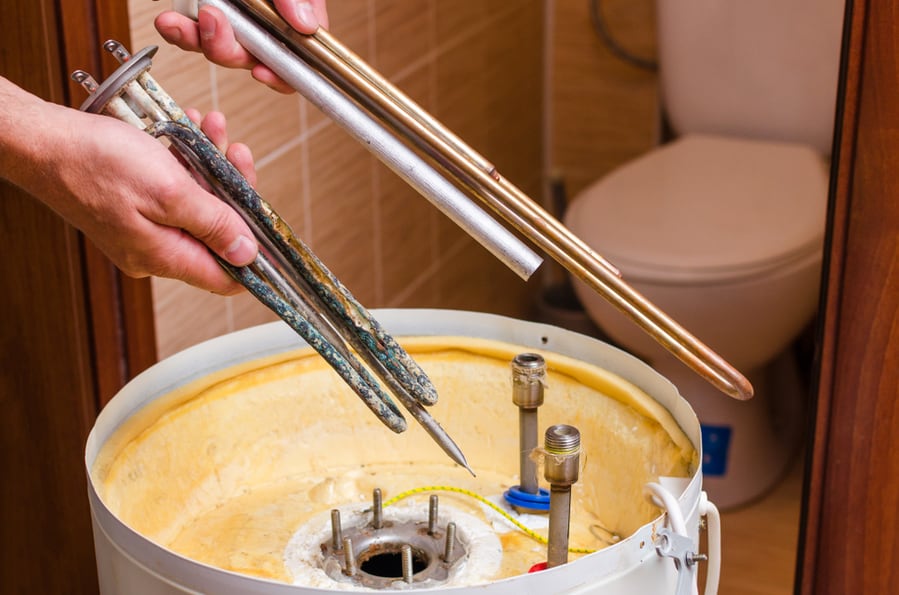
If your water heater often fails, there is a chance that it is too old.
Most heaters have a lifespan of between 9-12 years. Constant use of the heater can lead to wear and tear over time. It can cause the appliance to run less efficiently and increase energy consumption in the house.
Sadly, replacing your water heater with a new unit is the only option if it is too old. You can check the appliance’s age by looking at the manufacturing date on its serial sticker.
A sure way of extending the life of your water heating unit is by using soft water without impurities and scheduling regular maintenance.
2. Leaking Water Heater
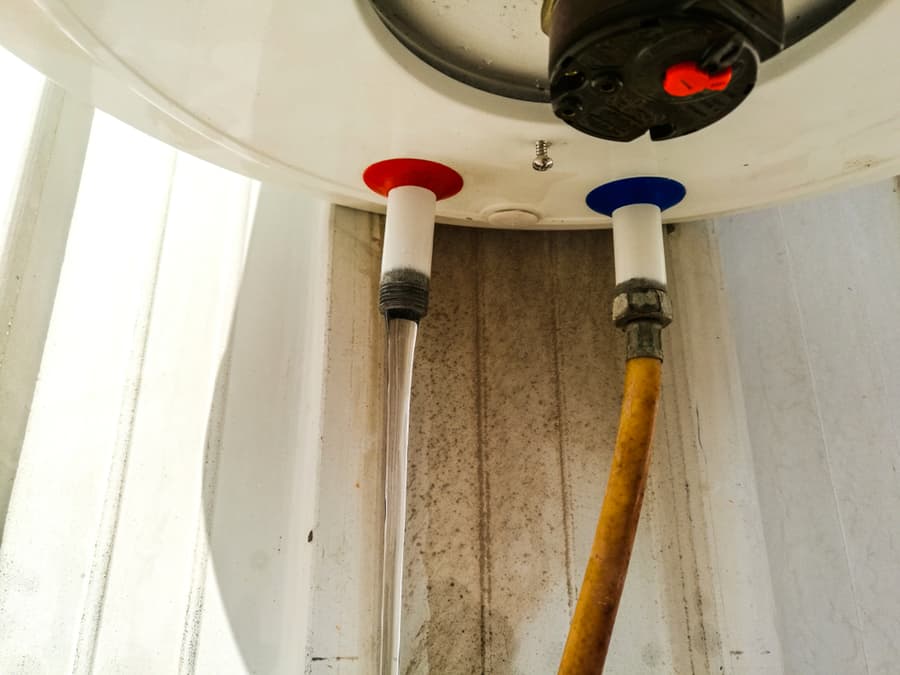
It is never a good sign to spot wet areas near the water heating unit.
As the water in the tank gets heated, the metal tank expands, causing it to crack. Heating also expands the pipe seals, which can make them loose and lead to water leaks. Furthermore, entangled pipes are also at risk of cutting or breaking.
A leaking tank or pipe can be a catastrophe for your house. Water damage can lead to the growth of algae, black mold, and pests around the garage or basement. Leaks should be dealt with immediately.
You should inspect the tank and pipes for cracks or breaks. In addition, you should also check if there are loose connections and fittings around the seals.
Call a repair expert to help with a cracked tank or if you have trouble fixing leaky pipes.
3. Corrosion

Rusty pipes and tanks are another symptoms of your water heater failing.
Rust is caused by a chemical reaction that corrodes your heating unit’s iron and steel parts. Rusting can happen inside the tank or in the pipework. Likewise, water can knock out rust debris, making the water look red or orange.
Fortunately, pipe or tank corrosion is easy to fix. Rust is removed by brushing it out and vacuuming the parts to ensure all debris is removed.
However, replacing the parts or unit is your only option if the corrosion is extensive. For corroded pipes or seals, ensure you get replacement parts recommended for your water heater model.
4. Not Delivering Enough Hot Water
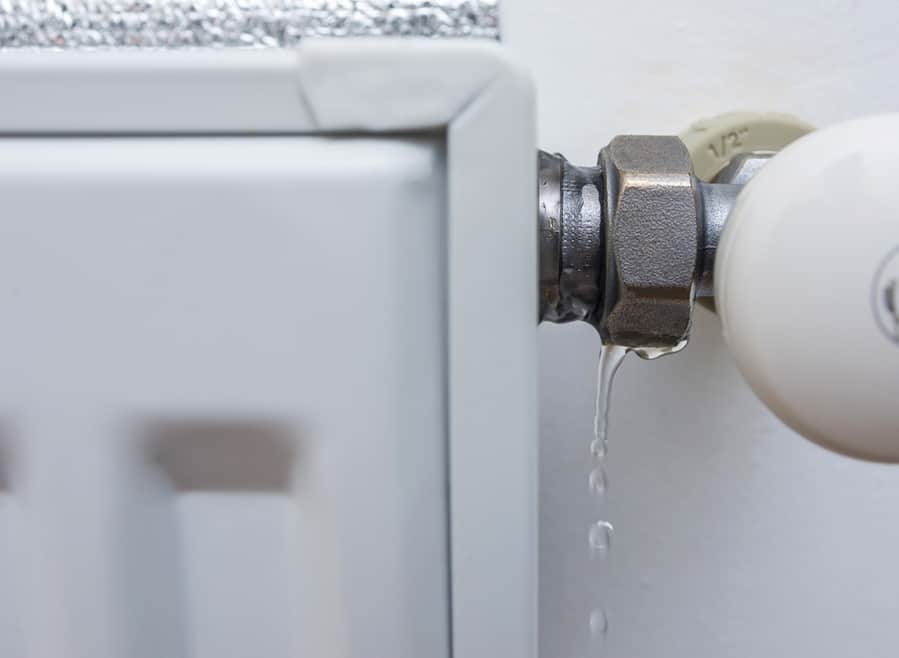
In addition, if your water heater is dying, you might also notice irregular hot water production. A hot water shortage is an early warning that something is wrong with the appliance.
A unit failure can lead to inefficient heating if you own a tank, hybrid, or tankless water heater. When this happens, you will notice that the water does not get as hot as intended.
Likewise, dying units also take longer to heat water, which is also a result of inefficiency in heating.
Several reasons your water heater is not producing enough hot water. If your shower or water sink is not as hot as it should be, you should call a repair expert to look at the water heating unit.
5. Strange Sounds Coming From the Water Heater
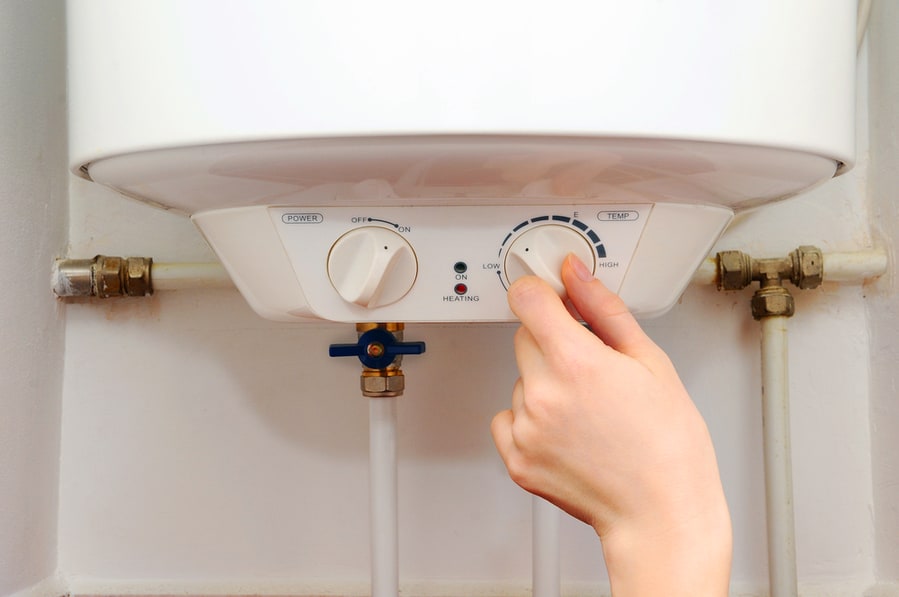
Popping, hissing, or rumbling noises might indicate a water heater problem.
Many moving parts and processes are at play as the water gets heated in the heater. A slight humming sound from the appliance is expected; however, any loud popping or humming should raise concern.
In most cases, the noises are caused by wear in the take and its components. In addition, cracks and leaks can cause a hissing sound from the unit.
Though these sounds are familiar as your unit ages, they can also happen to newer heaters. It is always a good idea to call a technician to look at your unit to determine its cause.
6. Sediment Build-Up
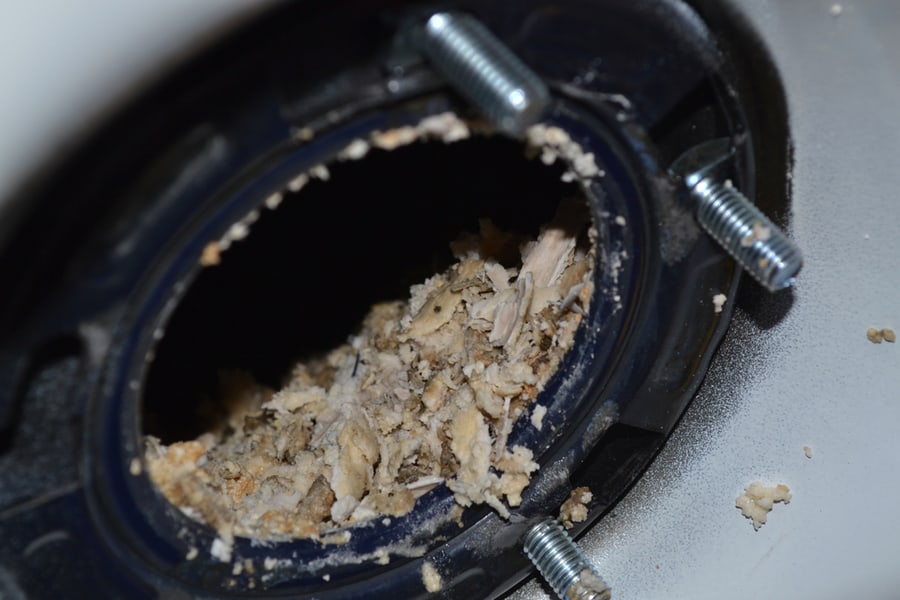
If your water heater fails, you might also notice sediment build-up in the tank and water.
One of the main reasons for sediment build-up in the unit is the use of hard water. They settle at the bottom of the unit’s tank if water has a high mineral concentration.
Over time, the sediment creates insulative layers that prevent the water from getting heated, meaning that the water heating unit needs to work harder.
Popping or knocking sounds in your heating appliance can also be caused by sediment build-up. As the particles are heated up, they rapidly move and knock against the tank walls causing the noise.
You must drain the tank and clean the sediment layers to fix the issue.
For the best performance, ensure you drain and flush the unit’s tank at least once a year.
7. Weird Taste
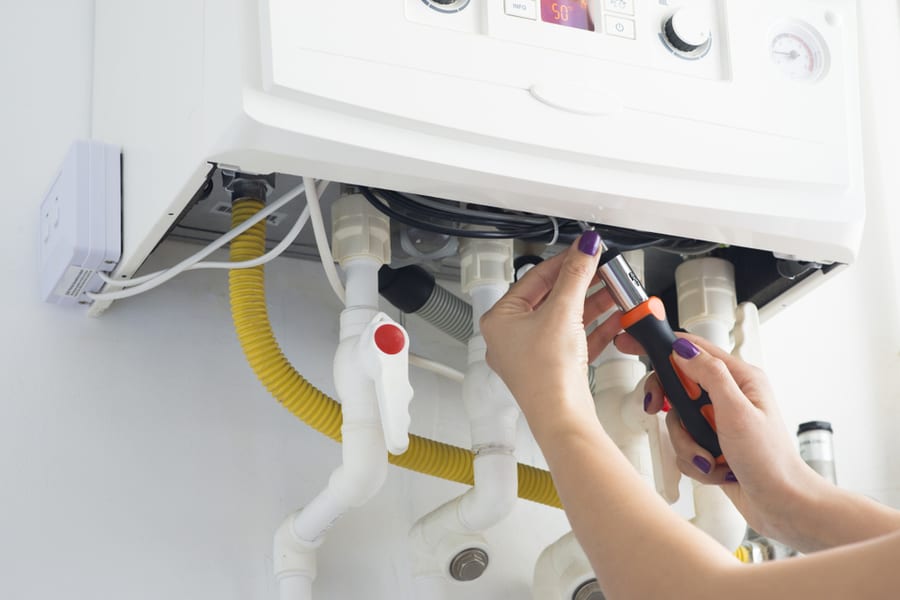
Does your tap water taste weird? It might indicate that your water heating appliance is failing.
It is not unusual for water to carry sediments and debris from the tank and pipes into their outlets. When it happens, the water from the heating unit tastes a bit different from other supplies.
If the cause of the taste is sedimentation, flushing the tank can eliminate the taste. In addition, replace rusted or corroded pipes if that is the problem.
8. Faulty Controls
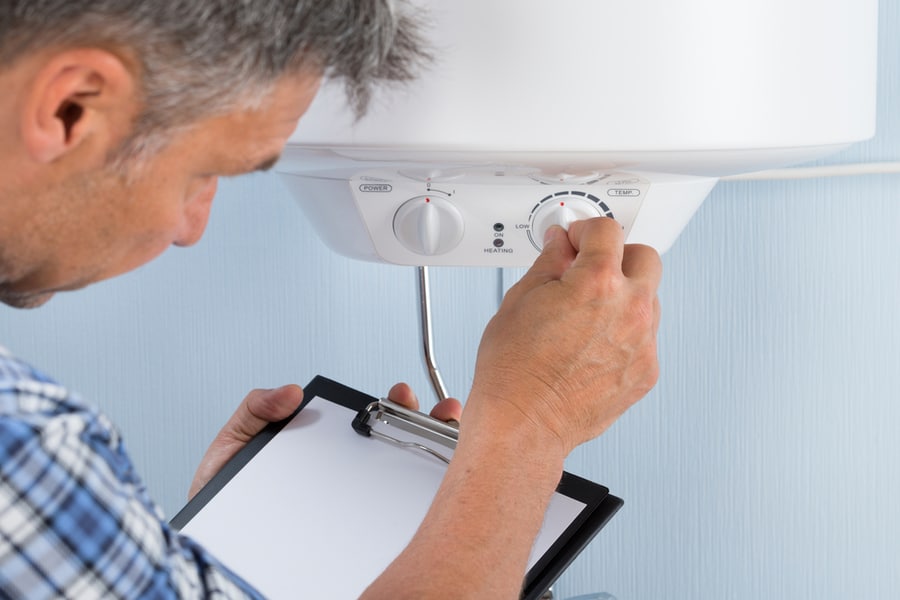
In addition, faulty controls are common when the water heater unit dies.
The thermostat is responsible for controlling the water heater’s internal temperature. A defective thermostat can raise the unit’s temperature to dangerously high levels, increasing the risk of an explosion.
If the water heating unit controls are unresponsive, you should immediately shut the appliance off and call a repair technician.
9. Strange Smells
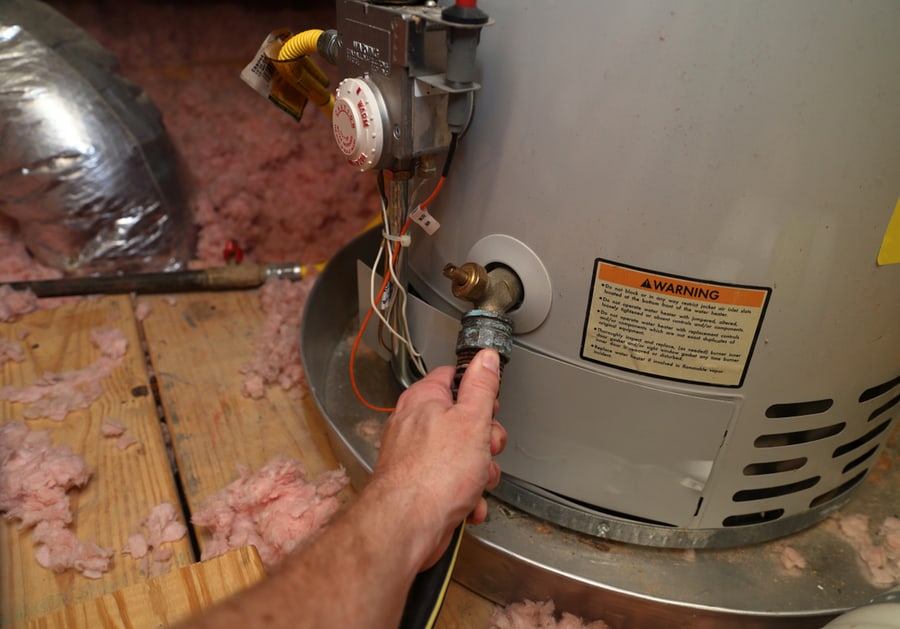
Apart from the water tasting weird, you might also notice a strange smell.
As the water flows through the tank and pipe, it can dissolve or hold minerals which can cause the smell. In addition, if your tap water smells like gas or rotten eggs, it might also mean that your water heater is leaking gas.
Cleaning the tank and pipes is a sure way to eliminate musty-smelling water. However, if your tap or shower water smells like gas, you should get out of the house as soon as possible and call a gas repair service to deal with the issue.
10. Faulty Pressure Valve
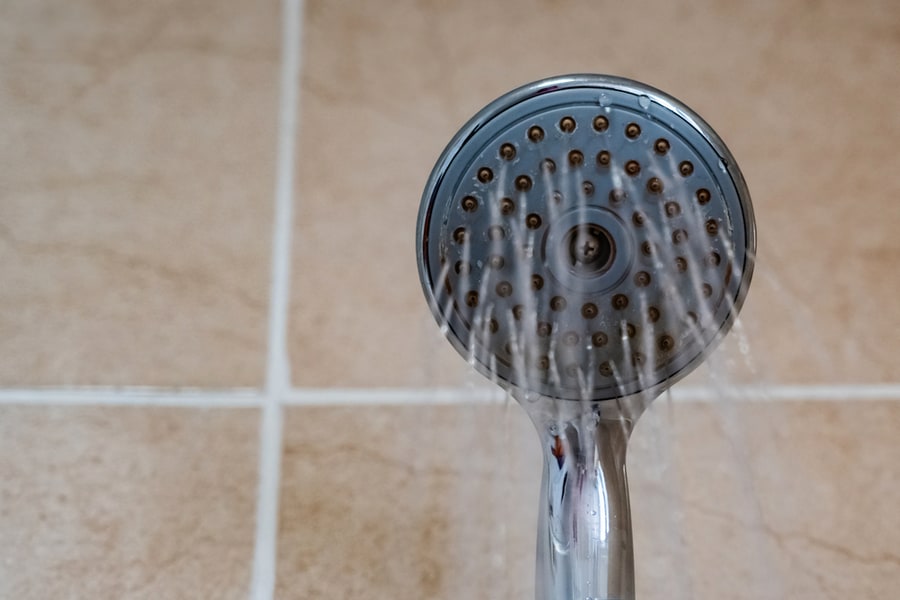
The last symptom of a failing water heater is a defective pressure valve.
The unit’s safety pressure valve regulates the internal pressure within the tank to prevent an explosion. However, prolonged use can cause the valve to wear out, leading to leaking.
Fixing a defective pressure valve should be handled by a qualified professional. Replace the valve with a manufacturer-recommended part to prevent further leaking or expensive repairs in the future.
Conclusion
The common signs of a failing water heating unit are aging, water leaks, rusting, and sediment build-up. Strange noises and murky or smelly water can also indicate a dying heater. Lastly, hot water shortage, faulty controls, and a defective pressure valve could also point out a problem with your unit.
Regular inspections and maintenance are the best way to prevent your water heater from malfunctioning and dying.
Frequently Asked Questions
What Do You Do When Your Water Heater Dies?
In case you think that your water heater has failed, here is a step-by-step guide on what to do:
- Turn off the water heater from its power supply.
- Cut off the water supply.
- Drain the water heater tank.
- Release pressure in the water heater.
- Flush the heater tank.
How Long Do Water Heaters Last?
You can expect your water heater to last about 9-12 years with proper maintenance.


